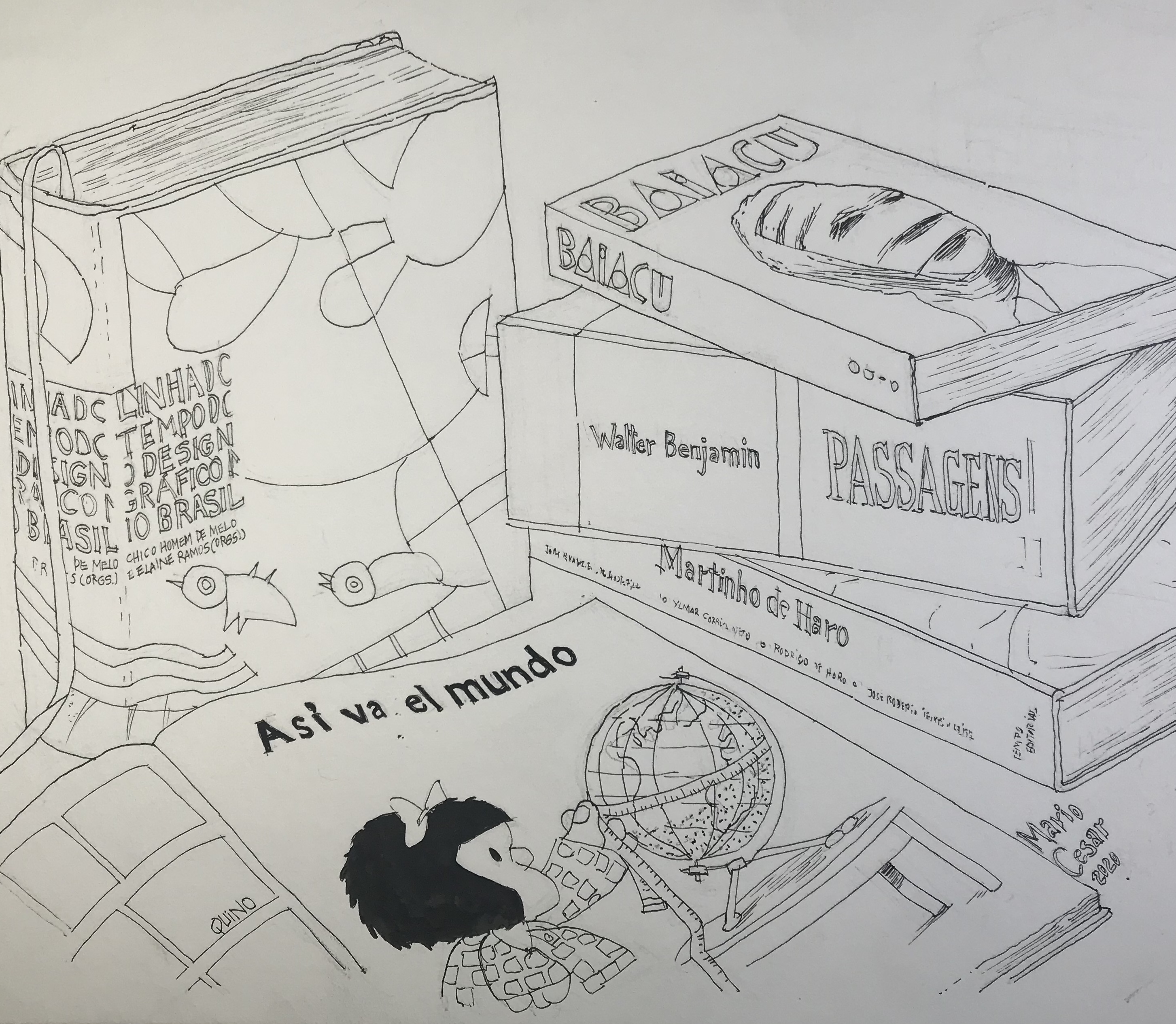O ABUSO SEXUAL DE MENINOS COM A OBRA TRÊS PORCOS, DE MARCELO LABES
Keywords:
Romance. Child sexual abuse. Revenge. Violence. Reunion., Romance. Abuso sexual infantil. Venganza. Violencia. Reunión.Abstract
The central objective of the analysis is about how the characters of the novel published in 2020 behave, about the sexual abuse suffered by the character of the work three pigs. In what way there is the unfolding of the plots woven between the actions suffered by the protagonist. At the same time, were there, at any time, any concerns from those who took the action or any doubts about the rights of children and adolescents? Sexual abuse is more common than we think and finds perfect conditions for settlement in economically disadvantaged families. How to react to such conditions, if the speech itself is banned by those who commit such abuses, even threatening the victims? The writer Marcelo Labes touches the wound that, especially we men, insist on getting rid of, as if the danger was always in the other. But we know that many people who are silenced suffer from possible disorders and suffering. We will not enter into in-depth studies from a broader psychological and / or anthropological point of view. For now, the objective is to look at the novel and draw some conclusions from it for the purpose of analysis, based on some authors, such as: Lígia Chiappini; Renata Pimentel Teixeira; Gaston Bachelard; Antonio Candido; among others.
Keywords: Romance. Child sexual abuse. Revenge. Violence. Reunion.
Downloads
References
CANDIDO, Antonio. Literatura e Sociedade. 6. ed. São Paulo: Companhia Editora Nacional, 1980. .
CHIAPPINI, Lígia M. Leite. O foco narrativo. São Paulo: Ática.
CULLER, Jonathan. Teoria Literária: uma introdução. São Paulo: Beca Produções Culturais Ltda., 1999.
DELEUZE, Gilles; GUATTARI, Félix. O Anti-Édipo: capitalismo e esquizofrenia 1. 2ª ed. Tradução de Luiz B. L. Orlandi. São Paulo: Editora 34, 2011.
ECA – Estatuto da Criança e do Adolescente. Disponível em: http://www.planalto.gov.br/ccivil_03/leis/l8069.htm. Acesso em: 13 out. 2020.
ECO, Umberto. Seis passeios pelo bosque da ficção. Tradução Hildegard Feist. São Paulo: Companhia da Letras, 1994.
GANCHO, Cândida Vilares. Como analisar narrativas. São Paulo: Ática, 2006.
HALL, Stuart. A identidade Cultural na pós-modernidade. Tradução de Tomaz Tadeu da Silva e de Guacira Lopes Louro. 4. ed. Rio de Janeiro: DP&A, 2000.
LABES, Marcelo. três porcos. 1. ed. Florianópolis: Caiaponte Edições, 2020.
LÖWY, Michael. Walter Benjamin: aviso de incêndio: uma leitura das teses “Sobre o conceito de história”. São Paulo: Boitempo, 2005.
PRECIADO, Paul B. Manifesto contrassexual. Tradução Maria Paula Gurgel Ribeiro. São Paulo: n-1 edições, 2017.
SCHÜLER, Donaldo. Teoria do Romance. Editora Ática, 1989.
TEIXEIRA, Renata Pimentel. COPI: transgressão e escrita transformista. Tese (doutorado). Universidade Federal de Pernambuco. CAC. Letras, 2007.
TODOROV, Tzvetan. A literatura em perigo. Rio de Janeiro: DIFEL, 2009.
WEIL, Pierre; TOMPAKOW, Roland. O corpo fala: a linguagem silenciosa da comunicação não verbal. Petrópolis: Vozes, 1986.
Downloads
Published
How to Cite
Issue
Section
License
The Copyright for articles published in this magazine belongs to the author, preserving the rights of first publication for the Communitas Magazine. Because they appear in this publicly accessible journal, the articles are free to use, with their own attributions, in educational and non-commercial applications.
























